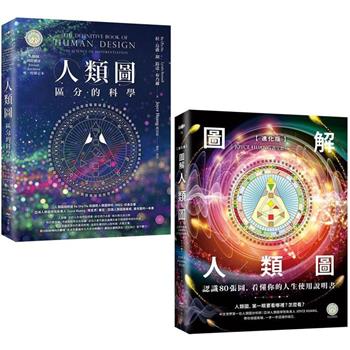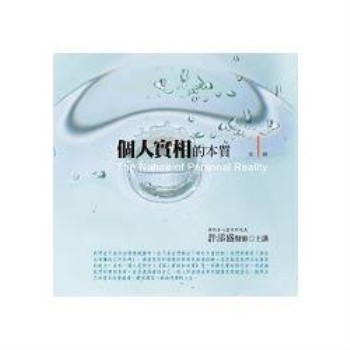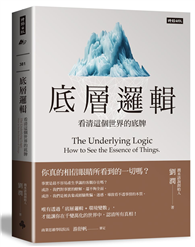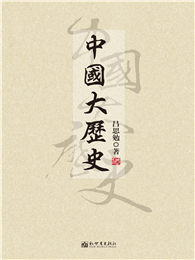Provides an introduction to the family Rutaceae and delineates its phytochemical and pharmacological properties and uses. Also addressed are the nutritional, clinical, and toxicological profiles, elaborating on the nutritional value of Rutaceae plants, their healthcare and clinical applications, and their possible toxic side effects.
| FindBook |
有 1 項符合
Phytochemical and Pharmacological Investigation of the Family Rutaceae的圖書 |
 |
Phytochemical and Pharmacological Investigation of the Family Rutaceae 出版社:Apple Academic Press 出版日期:2024-07-05 語言:英文 規格:精裝 / 220頁 / 23.34 x 15.57 cm / 普通級/ 初版 |
| 圖書館借閱 |
| 國家圖書館 | 全國圖書書目資訊網 | 國立公共資訊圖書館 | 電子書服務平台 | MetaCat 跨館整合查詢 |
| 臺北市立圖書館 | 新北市立圖書館 | 基隆市公共圖書館 | 桃園市立圖書館 | 新竹縣公共圖書館 |
| 苗栗縣立圖書館 | 臺中市立圖書館 | 彰化縣公共圖書館 | 南投縣文化局 | 雲林縣公共圖書館 |
| 嘉義縣圖書館 | 臺南市立圖書館 | 高雄市立圖書館 | 屏東縣公共圖書館 | 宜蘭縣公共圖書館 |
| 花蓮縣文化局 | 臺東縣文化處 |
|
|
內容簡介
作者簡介
Abdur Rauf, PhD, is Assistant Professor, Department of Chemistry, University of Swabi, Anbar, Khyber Pakhtunkhwa, Pakistan. His research work focuses on phytochemistry and pharmacology, dealing particularly with bio-guided isolation of new compounds for drug discovery. His research interests include isolation and structure elucidation of bioactive compounds using several innovative techniques followed by in vitro and in vivo biological screening. Dr. Rauf is the author and coauthor of more than 280 research papers published in peer-reviewed journals, with 5392 citations as reported by Google Scholar. He has also written 10 book chapters in international books and holds two national and two international patents for discovery of novel antidiabetic drugs. Furthermore, e is an associate editor/editorial board member of Frontier in Pharmacology, Biocell, Green Processing and Synthesis, and Medicinal Chemistry, among others. He is also a fellow of the American Chemical Society and of the Laboratory of Biological Control and Antimicrobial Resistance of Orel State University, Russia. He has supervised two PhD and four MPhil students. Dr. Rauf has won a Young Scientist Award from the Directorate of Science and Technology, KP, Pakistan (2018), and the Research Productivity Award (2016-17) from the Pakistan Science Foundation. He has also won eight national and four international projects. The major goals of Dr. Rauf’s research include the discovery of eco-friendly and cost-effective protocols for the production of nanoparticles-based new drugs with bio-medicinal interest. He completed his PhD at the Institute of Chemical Sciences, University of Peshawar, Pakistan, in 2015.
Hafiz Ansar Rasul Suleria, PhD, is in the School of Agriculture and Food, Faculty of Veterinary and Agricultural Sciences, The University of Melbourne, Parkville, Victoria, Australia. He was formerly the Alfred Deakin Research Fellow at Deakin University, Victoria, Australia. He did his postdoctoral fellowship at the Department of Food, Nutrition, Dietetic and Health at Kansas State University, USA. He is also an Honorary Fellow of the Diamantina Institute, Faculty of Medicine, The University of Queensland (UQ), Australia. Dr. Suleria has been awarded an International Postgraduate Research Scholarship and the Australian Postgraduate Award for his PhD research at the UQ School of Medicine and the Translational Research Institute in collaboration with the Commonwealth and Scientific and Industrial Research Organization, Australia. Before joining the UQ, he worked as a lecturer in the Department of Food Sciences, Government College University Faisalabad, Pakistan. He also worked as a research associate in the PAK-US Joint Project funded by the Higher Education Commission, Pakistan, and Department of State, USA, with collaboration of the University of Massachusetts, USA, and the National Institute of Food Science and Technology, University of Agriculture Faisalabad, Pakistan. Dr. Suleria has published more than 80 peer-reviewed scientific papers in professional journals and has co-edited several books. He is also in collaboration with more than ten universities where he is working as a co-supervisor/special member for PhD and postgraduate students. His major research focus is on food nutrition, particularly in screening of bioactive molecules, including isolation, purification, and characterization using various cutting-edge techniques from different plants, marine, and animal sources; in vitro, in vivo bioactivities; and cell culture and animal modeling.
Syed Muhammad Mukarram Shah, PhD, is currently working as Professor in the Department of Pharmacy, University of Swabi, Khyber Pakhtunkhwa, Pakistan. Dr. Shah has published more than 40 research papers in international journals. His research work is on pharmacology, phytochemicals, and pharmacology, dealing particularly with bio-guided isolation of active compounds for drug discovery. His research interests include isolation and structure elucidation of bioactive compounds using several innovative techniques followed by in vitro and in vivo biological screening. His research work also explores novel plant-based remedies for the treatment of inflammation, analgesia neuroinflammation, Alzheimer’s disease, and depression.
|











